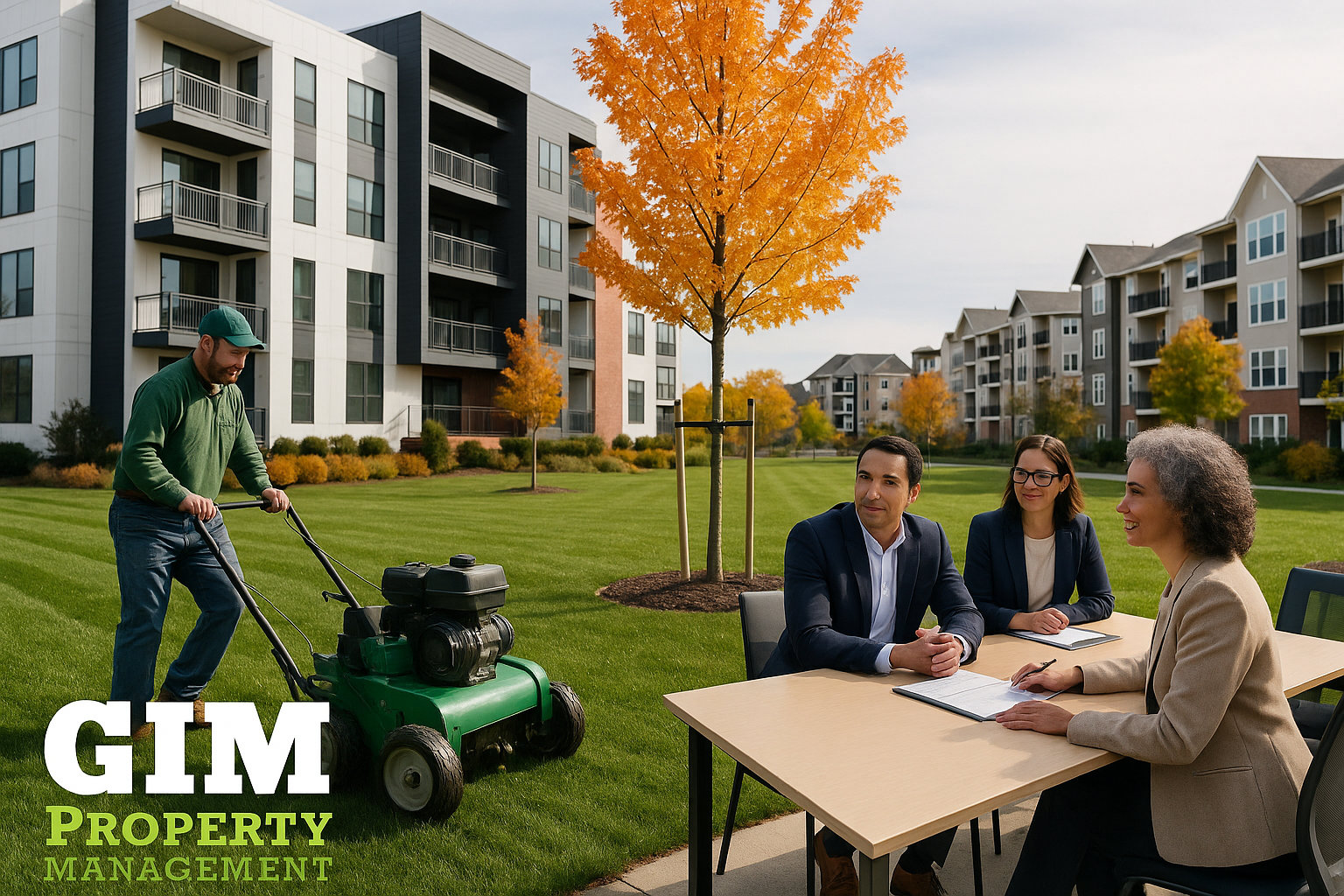Connect with Our Property Experts
Discover essential seasonal care tips for Massachusetts properties. Learn proactive strategies to maintain your property year-round and avoid costly repairs.

Discover essential seasonal care tips for Massachusetts properties. Learn proactive strategies to maintain your property year-round and avoid costly repairs.

markdown
As the seasons change, so do the needs of your properties and communities. Ensuring your property maintenance is top-notch requires a strategic approach that adapts to weather variations throughout the year. Autumn, for example, is the perfect time to aerate lawns and plant new trees, while preparing heating systems for colder months can prevent costly repairs later.
By implementing these proactive strategies, you not only maintain property value but also enhance the living experience for residents. How do you prepare your properties for seasonal changes? Share your tips and let's discuss!
Seasonal property care involves adjusting maintenance practices to accommodate the unique demands of each season. This approach is crucial for preventing damage and ensuring properties remain attractive and functional year-round. In Massachusetts, where weather conditions can vary greatly from season to season, understanding these nuances is particularly important.
Several key factors contribute to why this can be significant:
Massachusetts experiences a wide range of weather conditions, from snowy winters to humid summers. Each season presents unique challenges that require specific maintenance strategies.
Older properties may require more frequent inspections and repairs to withstand seasonal changes, while newer properties may benefit from preventive maintenance.
Residents expect well-maintained properties that reflect the changing seasons, influencing their satisfaction and community pride.
Local regulations may dictate certain maintenance practices, such as snow removal and waste management, especially during specific seasons.
Property management plays a critical role in adapting to the age, condition, and operational needs of properties as seasons change. Effective management ensures that routine tasks are performed timely and efficiently.
The value of professional management lies in their ability to anticipate issues and implement cost-effective solutions.
Landscaping:
HVAC Maintenance:
Snow and Ice Management:
Insulation Checks:
Irrigation System Adjustments:
Gutter Cleaning:
Exterior Repairs:
Lighting Maintenance:
Resident Communication:
Budget Planning:
Need Help Managing Your Budget or Strategy? At GIM Property Management, we specialize in tailoring property care strategies to meet seasonal demands. Contact us for expert assistance in optimizing your maintenance plan and ensuring year-round property excellence.
Effective seasonal property care is about balancing immediate costs with long-term value. By adopting proactive strategies, conducting regular inspections, and involving residents in community initiatives, property managers can ensure properties remain in prime condition throughout the year. Transparency and ongoing involvement are key to maintaining trust and satisfaction among residents.
Request a consultation with GIM Property Management today to discuss how we can enhance your property's seasonal care strategy.
Reach out today for personalized property care strategies tailored to your needs.
Contact Us